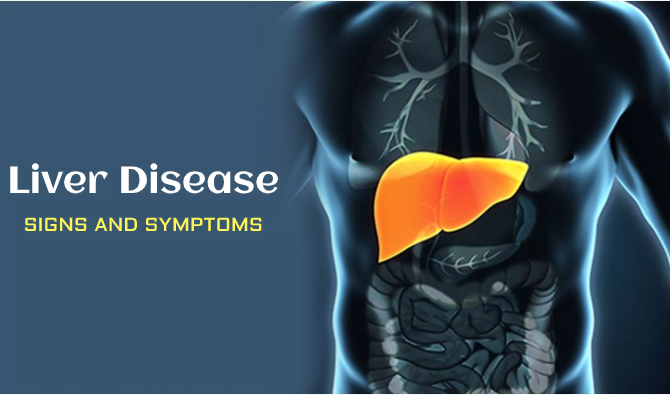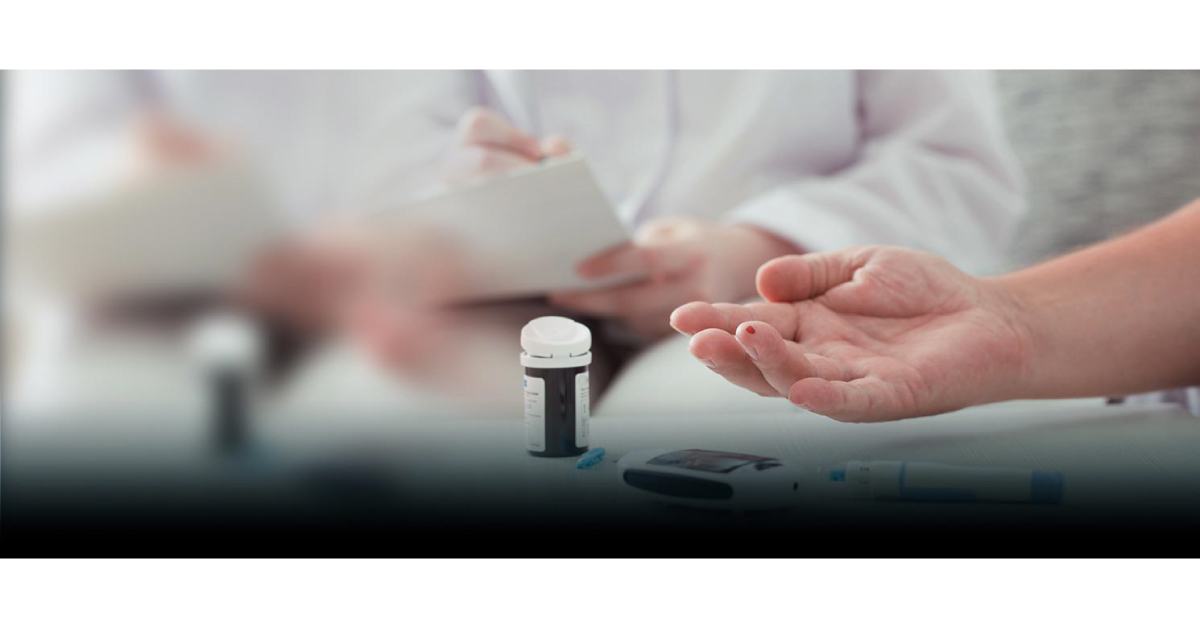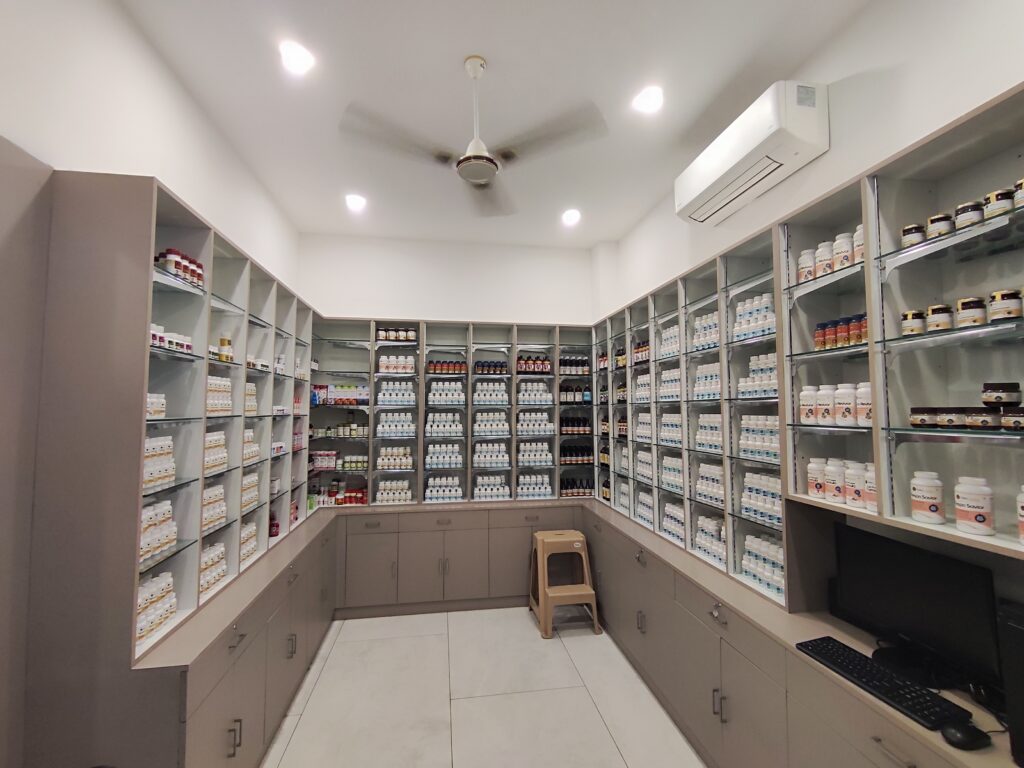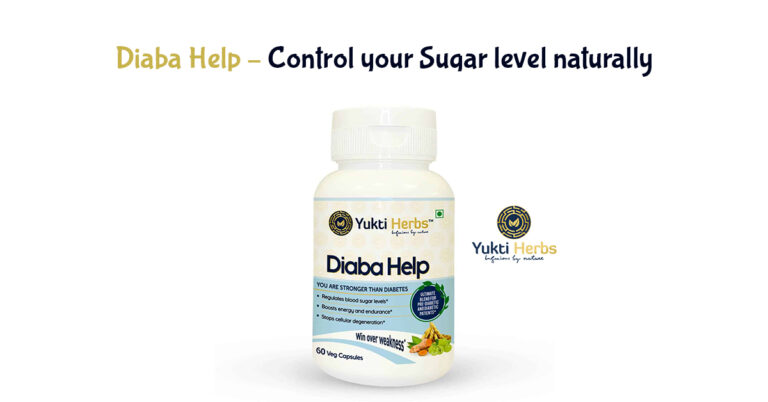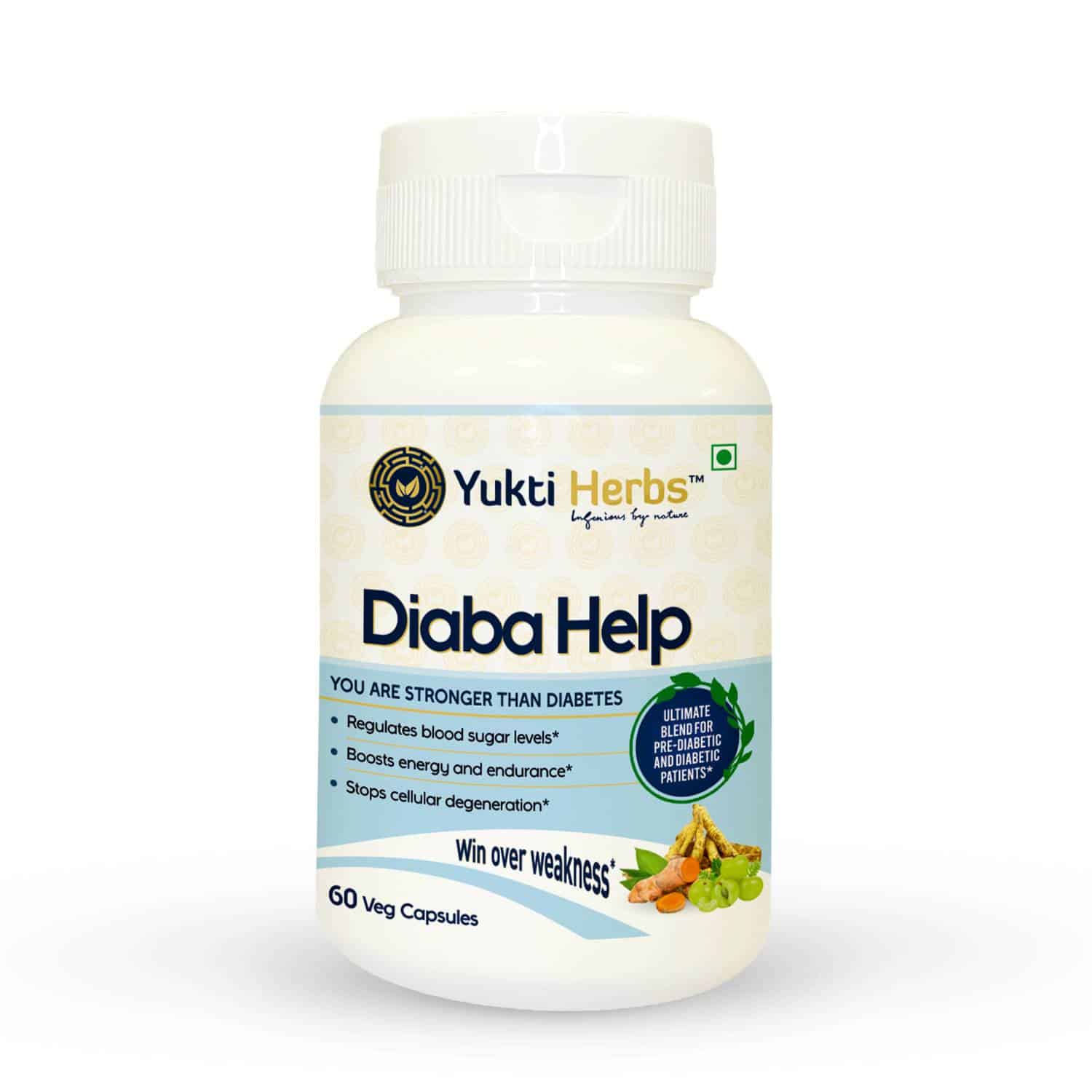Today, a sedentary lifestyle appears to be increasingly widespread throughout the world. Sedentary Behavior Research Network (SBRN) in 2017 stated that a sedentary lifestyle can be any activity that involves reclining, sitting, or lying down that has a very low energy expenditure per day. This has given rise to many chronic health issues. One such health issue is Diabetes that happens due to insufficient production of insulin. Moreover, environmental players like urban migration, obesity, increase in living standards contribute to increasing the prevalence of this disease. This irreversible disorder is increasing worldwide at an alarming rate.
Do you know?
India is considered the capital of diabetes on earth.
- 1 out of 7 cases of live births is diagnosed with gestational diabetes
- 1 out of 2 diabetic patients stands undiagnosed
- In the United States, nearly 12% of total spending was focused on treating diabetes
Causes of Diabetes
Modern point of view:
Different types of diabetes have different causes:
- Type-1 diabetes: In this, the immune system of a person attacks the beta cells that produce insulin in the pancreas. Genes are also one of the causes of Type-1 diabetes.
- Type-2 diabetes: Type-2 diabetes occurs due to a combination of lifestyle factors and genetics. Obesity or being overweight increases the occurrence of type-2 diabetes.
- Gestational diabetes: During pregnancy, Gestational diabetes may occur in some females due to hormonal changes. Due to the hormones produced by the placenta, pregnant women’s cells become less sensitive to insulin. Women who gain too much weight during pregnancy are more likely to get hypertension and gestational diabetes.
Diabetes Ayurvedic point of view:
Below are some practices that increase Kapha and thereby, increase the risk of diabetes:
- Dadhini – Excessive use of curd
- Gramyoda kanuprasah Payansi – Excessive use of meat juice of aquatic, domestic, and wetland animals
- Navannapanam – Excessive intake of new grains and drinks
- Gudvaikratam – Excessive use of any product made out of jaggery
- Excess intake of heavy unctuous food or food having saline and sour taste.
- Overthinking and anxiety
- Excessive stress and strain
- Asyasukham – Addiction to pleasure of lounging
- Swapnasukham – Addiction to pleasure of sleeping
What if Diabetes is left untreated?
Diabetes is a silent killer and it is a must for all diabetic patients to take care of proper medication as ignoring this disease leads to various complications like blindness, kidney disorders, nerve damage, musculoskeletal disorder, etc.
No need to worry
Introducing “Diaba Help” with the power of six herbs, that act by increasing insulin production and stimulating beta cells. It is a polyherbal ayurvedic formulation that comprises Ashwagandha, Gudmar, Methi, Nisha (Haridra), Amalaki, and Saptarangi. This not only delays glucose absorption from the intestine but also decreases peripheral insulin resistance and plays a cardioprotective role. Diaba Help maintains homeostasis by decreasing blood glucose synthesis. Diaba Help is used to treat other problems associated with diabetes like fatigue, high BP, coronary heart diseases, skin infection, etc.
“Diaba Help” the ultimate solution for diabetes and its complication:
Diaba Help is a unique combination of herbs that are well known for their anti-diabetic, anti-inflammatory, and antioxidant effects. They help to reduce oxidative stress, protect the body from harmful radicals and help in preventing the progression of uncontrolled glucose levels. Moreover, they revitalize energy and help in improving overall health.
Let’s get to know about the ingredients and how they work against diabetes:
| S.NO | PLANT NAME | SCIENTIFIC NAME | PART USED |
| Ashwagandha | Withania somnifera | Root | |
| Amalaki | Emblica officinalis | Fruit | |
| Nisha | Curcuma longa | Rhizome | |
| Methi | Trigonella foenum graceum | Seed | |
| Gudmaar | Gymnema sylvestre | Leaf | |
| Saptarangi | Salacia oblonga | Bark |
Ashwagandha: Withania somnifera, the King of Ayurvedic herbs, also known as ‘Winter Cherry,’ is a herb that not only enhances virility and strength but also improves glucose metabolism. Recent studies have revealed that flavonoids and glycol-withanolides present in the roots of Ashwagandha helps to reduce the elevated level of blood glucose, serum insulin, and glycosylated hemoglobin i.e., HbA1C. It is active on the pancreatic beta cells that stimulate the release of insulin in the body. It reduces blood glucose by 12% and is as effective as a standard hypoglycemic or glucose-lowering drug. It also battles with fatty liver linked with diabetes. It reduces cortisol i.e stress hormone level by 28%.
Amalaki: Emblica officinalis, is a translucent green fruit with superb antioxidant properties. The fruit of Amalaki is known as ‘Sarva-dosha-hara’ (the remover of all diseases). This marvelous herb is beneficial for diabetes, unwanted growth, cardiac problems, anemia, liver diseases, etc. Quercetin flavonoid present in its fruits of Amla changes the level of cholesterol, glucose, and triglycerides thus acting as an excellent anti-hyperglycemic and anti-diabetic herb.
Nisha or Haridra: Curcuma longa, commonly known as Haldi, is a vital herb with a pungent flavor and distinct dazzling yellow color. It is an active drug and is evidently considered the best anti-inflammatory, anti-cancerous, antioxidant, skin-purifier, and anti-diabetic. This Indian saffron consists of various chemical constituents like Glycosides, terpenoids, flavonoids, curcuminoids, curcumin, tetrahydro curcumin, etc. Curcumin (Diferuloylmethane) present in Haridra has gotten special attention for years as a potential treatment of Madumeha (Diabetes). This herb not only helps to cure diabetes but also helps to treat complications related to it like diabetic neuropathy i.e the result of diabetic microvascular injury, diabetes-related liver disorders, vascular disease, and diabetes-induced Masculo-skeletal disorders. Curcuminoids present in Nisha exhibit the same function as curcumin. It suppresses the increased blood glucose level and also helps to improve the lipid profile.
Methi: Gymnema sylvestre commonly known as Methi (fenugreek), offers multiple health benefits to the human body. It is used in many medicines, Indian dishes and is often taken as a nutritional supplement. It consists of several nutrients like fibers, proteins, minerals like magnesium, iron, etc. It is the best source for boosting breastmilk production. The Galactomannan present in fenugreek helps in the management of type-1 and type-2 diabetes by improving glucose tolerance in humans and reducing fasting blood glucose levels. Besides this, fenugreek consists of amino acid 4-hydroxy isoleucine that helps to raise the rate of insulin release, decrease glucose utilization, improve insulin resistance by increasing peripheral glucose utilization. Regular use of fenugreek also helps in fat loss.
Gudmaar: Gymnema sylvestre, also known as Madhunashini, is a herb with indispensable healing and medicinal properties. It is also called ‘Meshashringi’. It has potent bioactive compound i.e., triterpenoid saponins of gymnemic acid, which interact with the taste receptor on the tongue and suppress the taste of the sugar and hence is extensively used in diabetes. Due to this unique property, Gudmaar is known as ‘sugar destroyer’. Besides this, Gymnema sylvestris consists of choline, betaine, inositol, gymnamine alkaloids, etc., which make this herb an excellent hepatoprotective, aphrodisiac, diuretic, and anti-diabetic.
Saptarangi: Salacia oblonga has long been known to work powerfully against diabetes. It consists of two potent chemical constituents – kotalanol and salacinol that convert carbohydrates into glucose thus lowering the blood sugar level in the body. The mechanism is the same as that of modern prescribed drugs. Saptarangi also acts as an excellent uterine stimulant, antioxidant, cytotoxic, nephron-protective, anti-diuretic, and hepato-protectant.
You must take Diaba Help when you experience:
- Diabetes-related issues like excessive hunger, thirst, fatigue
- Extreme sugar craving
- Increase in fasting blood sugar
- Increase in postprandial sugar
- Non-insulin-dependent diabetes mellitus with early retinopathy
- Non-insulin-dependent diabetes mellitus with symptoms of hyperlipidemia
Dosage: Two capsules twice daily or as directed by the physician.
Best time to consume: The best time to consume Diaba Help is after breakfast and after dinner with normal water.
Pathya (Foods to be taken):
- Include fruits and green leafy vegetables like spinach, kale, cabbage, broccoli, etc. in your diet as they contain starch digesting enzymes and antioxidant properties.
- Include whole grains like brown rice, whole grain bread, whole grain pasta, quinoa, millets, rye in the diet.
- Include fatty fish like Salmon, Sardines, Trout, Albacore Tuna, etc. in the diet as they contain EPA, DHA, poly-unsaturated, and mono-saturated fats, which maintain healthy blood glucose and lipid levels in the body.
- Include nuts in diet like walnut, almond, etc.
- Include lean proteins in your diet.
- Eat probiotic yogurt and chia seeds in your diet.
Apathya (Food not to be taken):
- Avoid fruits with high glucose index like melons variety, overripe and pineapple in the diet as they increase blood glucose levels
- Heavy food with high carbohydrates.
- Avoid refined sugar, sugary drinks, canned fruits.
- Avoid alcohol and caffeinated drinks
- Avoid whole milk, regular ice cream, regular sour cream, etc.
Lifestyle modification:
Research has revealed that lifestyle modifications help to maintain blood sugar and healthy blood pressure in diabetic patients. Below are some practices that must be followed by diabetic patients:
- Exercise regularly
- Practice yoga
- Visit your doctor at least twice every year
- Get a full eye examination at least once every year
- Quit consuming alcohol and smoking
- Limit your salt intake to 3 to 5grams per day
Side effects: Diaba Help Capsules is a blend of fully researched herbs, it is an AYUSH-approved product, free from any side effects.



